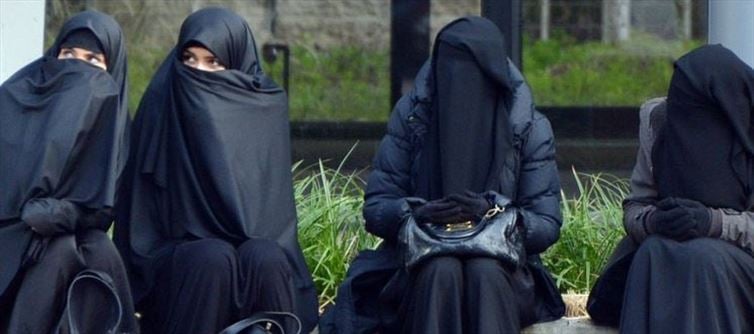
The ban, enacted in 2017, aligns with similar laws in France, Belgium, and Denmark, where governments have also cited the incompatibility of face coverings with their values of openness and transparency. For Austrian authorities, facial coverings represent not only a cultural divide but also a potential security concern, as the inability to identify individuals in public spaces is viewed as a risk. Therefore, the ban is both a cultural and security-oriented measure aimed at reinforcing Austria’s societal norms.
The Austrian government argues that the ban encourages integration by reinforcing a shared set of values that prioritizes individual identity and interpersonal connection in public spaces. Proponents of the ban see it as a necessary step for promoting gender equality and social cohesion. In their view, face coverings like the niqab and burqa are symbols of female oppression that contradict european norms of gender equality and individual freedoms.
By enforcing this law, Austria’s government hopes to ensure that women, particularly in immigrant communities, can participate fully in society without restrictions related to traditional customs. However, critics argue that this policy could have the opposite effect, isolating those who wear such coverings from public life and infringing on their freedom to express their religious beliefs.




 click and follow Indiaherald WhatsApp channel
click and follow Indiaherald WhatsApp channel